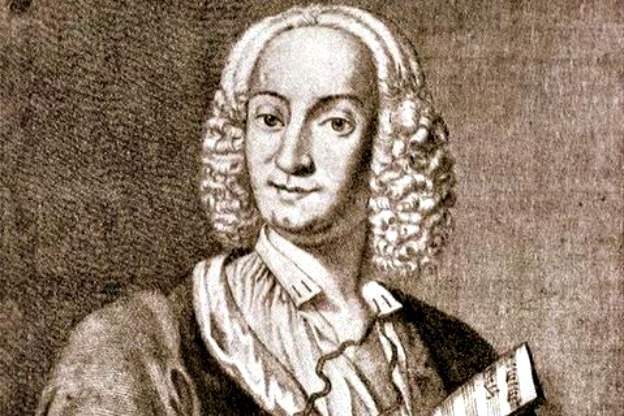
Confusion reigns in today's podcast about a 3- CD recording of Antonio Vivaldi's opera Il Teuzzone released in 2011 on the Naïve label.  The production features conductor Jordi Savall leading Le Concert des Nations and a cast of seven vocal soloists.
In 1718, the governor of Mantua was, somewhat confusingly, Prince Philippe of Hesse-Darmstadt, and his maestro di cappella was the Venetian Dom Antonio Vivaldi. Vivaldi's "drama per musica" Il Teuzzone was performed for the first time at the Teatro Arciducale on December 26, 1718, the day after Philippe announced his marriage to the Princess of Guastalla.
Ever since Marco Polo's journey to China, the Venetians had been fascinated by chinoiseries. The libretto of Teuzzone, written by the poet Apostolo Zeno, had already been produced ten times on the operatic stage by other composers before Vivaldi set it. The plot-fast-moving, dramatic and full of intrigue-involves rival claimants to the throne of a recently deceased Chinese emperor, though the characters have confusingly non-Asian sounding names.
It was typical for Italian operas of this period to give castrati lead roles in operas. And indeed earlier versions of Teuzzone did just that with the title role, that of the prince who was the legitimate heir to the throne. But Vivaldi elected to give that role to a female singer.  However, he wrote another part for a castrato, which in this recording is taken by a sopranista, a male singer who is not to be confused with a countertenor or a castrato.
But to the music itself.  Teuzzone is quintessential Vivaldi in which the listener will hear distinct echos of other works of his. One example is the opening of Act I, Scene 6, reminiscent of Vivaldi's "Winter" from The Four Seasons.
Among the interesting choices made for this performance are instruments playing the basso continuo. The violoncello is used as a chordal instrument to accompany recitative in this recitative sung by our sopranista.
And guitars feature quite prominently, something to which one is perhaps not so accustomed in the opera theatre, but perfectly appropriate to Vivaldi. They add rhythm, almost approaching a rock and roll back beat!
And of course the end is not at all confusing- Teuzzone claims her, sorry, his, throne, pardoning those who plotted against him, and the people rejoice in his incomparable virtue.









